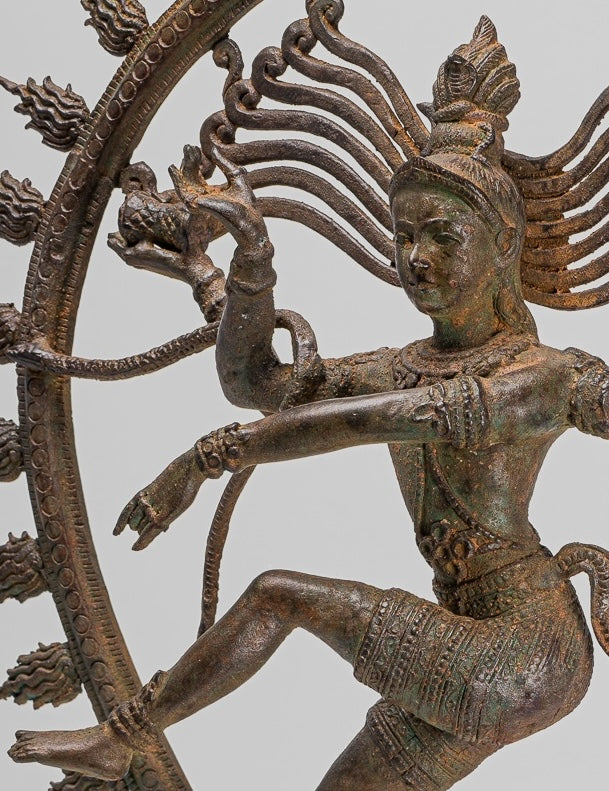
Diwali: The Festival of Lights and Spiritual Renewal
Diwali, also known as Deepavali, stands as one of the most celebrated and cherished festivals in Hindu culture. Symbolizing the triumph of light over darkness, good over evil, and knowledge over ignorance, Diwali holds profound significance for millions of people around the world.
In this comprehensive guide, we explore the rich history, symbolism, traditions, and spiritual significance of the festival of Diwali.
The Origins and History of Diwali
Diwali traces its roots back to ancient India, where it originated as a harvest festival marking the end of the agricultural season. Over time, the festival evolved to incorporate various religious, cultural, and historical elements, including the victory of Lord Rama over the demon king Ravana as recounted in the Hindu epic, the Ramayana. Diwali also holds significance for Sikhs, Jains, and Buddhists, who celebrate the festival for different reasons, further enriching its cultural tapestry.
Symbolism of Light and Renewal
At its core, Diwali is a celebration of light, symbolizing the triumph of knowledge and righteousness over darkness and ignorance. The lighting of oil lamps (diyas), candles, and colorful electric lights illuminates homes, streets, and public spaces, creating a dazzling spectacle of brightness and joy. The symbolic significance of light extends beyond the physical realm, representing the inner light of wisdom, compassion, and spiritual awakening that dispels the darkness of the mind.
Traditions and Customs of Diwali
Diwali is marked by a myriad of customs and traditions that vary across regions and communities. Common rituals include:
- Cleaning and Decorating Homes: In preparation for Diwali, homes are thoroughly cleaned and adorned with colorful rangoli (decorative designs made from colored powders), flowers, and decorations to welcome the goddess Lakshmi, who symbolizes wealth and prosperity.
- Puja and Worship: Families gather to perform puja (worship) ceremonies to honor deities such as Lakshmi, Ganesha, and Saraswati, seeking blessings for prosperity, success, and spiritual well-being.
- Exchanging Gifts and Sweets: Diwali is a time of giving and sharing, with families exchanging gifts, sweets, and delicacies as tokens of love and goodwill.
- Fireworks and Celebrations: The night of Diwali is marked by fireworks displays, music, dance, and festive gatherings, creating a jubilant atmosphere of joy and celebration.
Diwali Across Cultures and Communities
While Diwali holds deep religious significance for Hindus, it is celebrated with equal enthusiasm by people of various cultural and religious backgrounds. In countries such as India, Nepal, Sri Lanka, Malaysia, and Fiji, Diwali is a national holiday celebrated with grandeur and festivity. Diaspora communities around the world also observe Diwali, maintaining cherished traditions while adapting to local customs and contexts, making it a truly universal festival that unites people across borders and boundaries.
The Spiritual Significance of Diwali
Beyond its cultural and social dimensions, Diwali holds profound spiritual significance for practitioners of Hinduism and other faiths. It is a time for introspection, renewal, and inner transformation, as devotees seek to dispel the darkness of ignorance and cultivate the light of wisdom within their hearts. Diwali serves as a reminder to overcome negativity, cultivate positive virtues, and embrace the path of righteousness and compassion in all aspects of life.
Conclusion: Embracing the Spirit of Diwali
As the festival of Diwali approaches each year, it serves as a beacon of hope, joy, and spiritual renewal for millions of people around the world.
Whether observed through traditional rituals and customs or celebrated with modern interpretations and innovations, Diwali invites us to reflect on the timeless values of light, love, and unity that transcend cultural, religious, and geographical boundaries.
May the festival of Diwali illuminate your life with peace, prosperity, and the eternal radiance of inner wisdom and joy. Happy Diwali!


